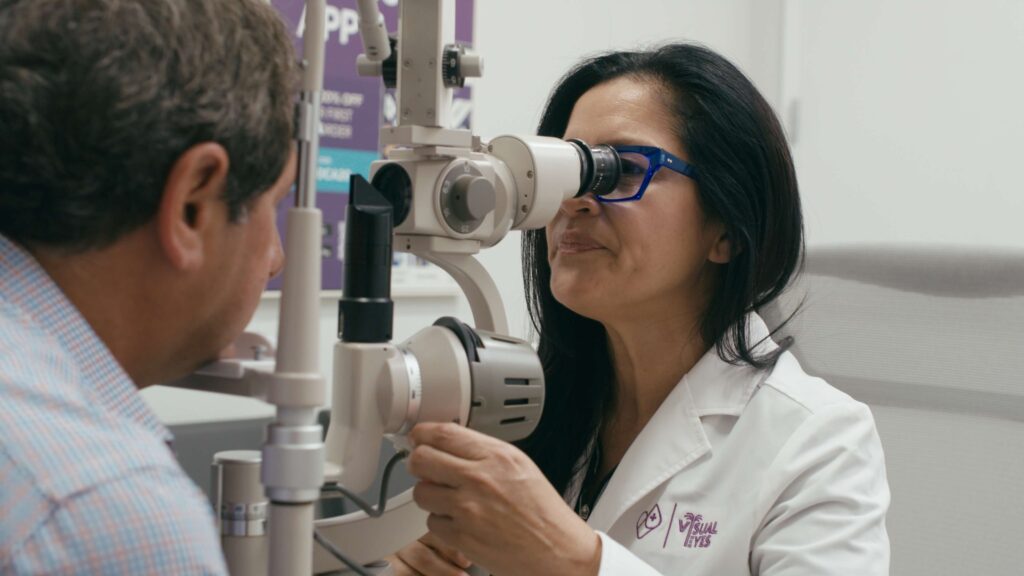Understanding the importance of regular eye exams
Regular eye exams are important for several reasons. First, they can help detect early signs of eye disease, such as glaucoma, cataracts, or macular degeneration, which can lead to permanent vision loss if left untreated. Second, an eye exam can detect other health conditions, like diabetes or high blood pressure, that can affect the eyes. Third, eye exams can determine whether you need a new prescription for glasses or contact lenses, which is important for maintaining good vision and preventing eye strain or headaches. Lastly, regular eye exams can help children and adults perform better in school or at work by ensuring they have optimal vision. Therefore, it is essential to schedule regular eye exams with an eye doctor or optometrist to protect and maintain your eye health.
The benefits of early detection and prevention
Early detection and prevention are crucial components of staying healthy and avoiding serious health problems down the line. Detecting potential health issues early on allows for prompt treatment, which can prevent conditions from getting worse and improve outcomes. It can also help individuals avoid more invasive or costly treatments later on. Prevention measures, such as regular check-ups, exercise, and healthy eating, can also significantly reduce the risk of developing chronic diseases like diabetes, heart disease, and cancer. Not only do these measures help individuals live longer, healthier lives, but they can also save significant healthcare costs and increase productivity. Overall, investing in early detection and prevention can improve individuals’ quality of life and reduce the burden on healthcare systems.
How often should you get an eye exam?
The American Optometric Association recommends that individuals get a comprehensive eye examination every one to two years, depending on their age, risk factors, and overall health. Children should have their first eye exams at six months old, then yearly until they are 18 years old. Adults between the ages of 19 and 60 with no risk factors should go for an exam every two years. However, individuals with diabetes, high blood pressure, or a family history of eye diseases such as glaucoma and macular degeneration should have a yearly exam. Individuals over the age of 61 should have yearly exams regardless of risk factors. Eye exams are important as they help detect and manage vision issues and eye diseases, even if there are no noticeable symptoms.
Conclusion: Prioritizing your eye health
Prioritizing your eye health should always be a top priority. Eyesight is a precious gift, and once lost, can never be regained. It is vital to take steps to protect your eyes from potential damage and maintain their health. You can do this by eating a healthy and balanced diet, avoiding smoking, getting regular eye exams, wearing protective eyewear when necessary, and avoiding prolonged exposure to electronic devices. Don’t take your eye health for granted; make sure to give your eyes the attention they deserve. Investing in the health of your eyes today can help prevent vision problems and keep your eyesight sharp for years to come. Consult with your doctor or optometrist for more information on how to keep your eyes healthy and in good condition.



